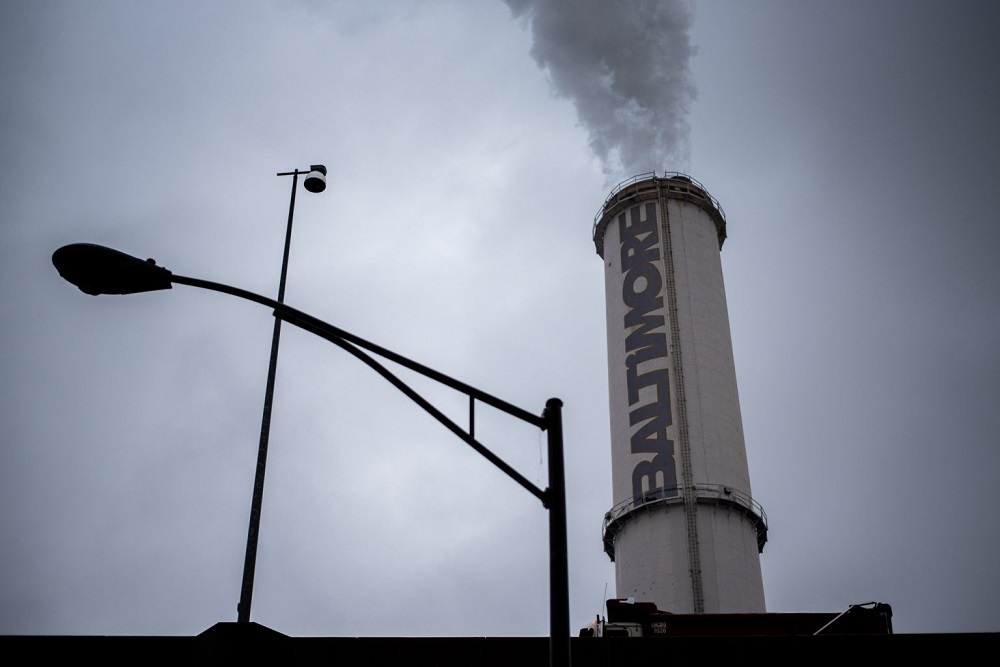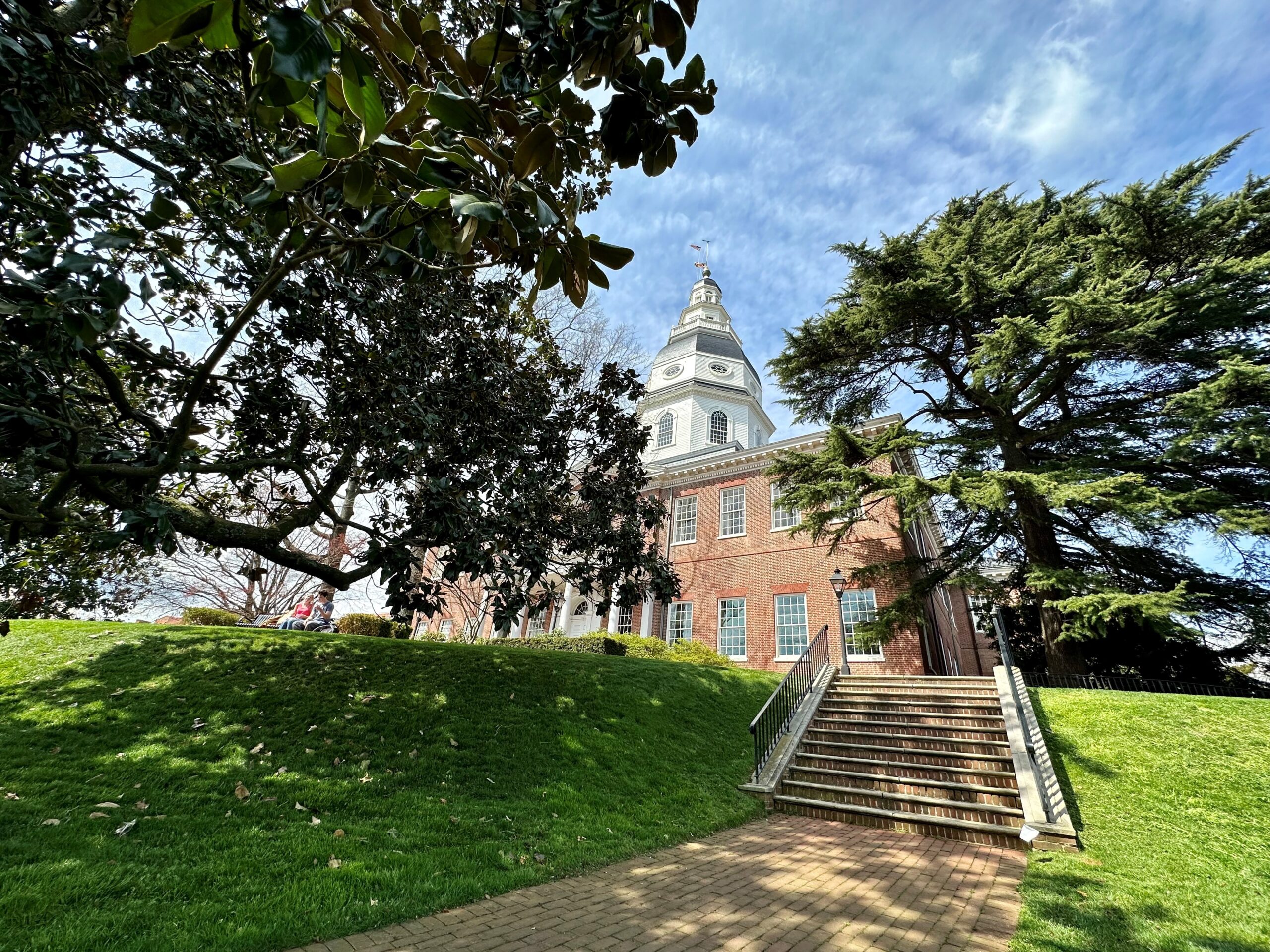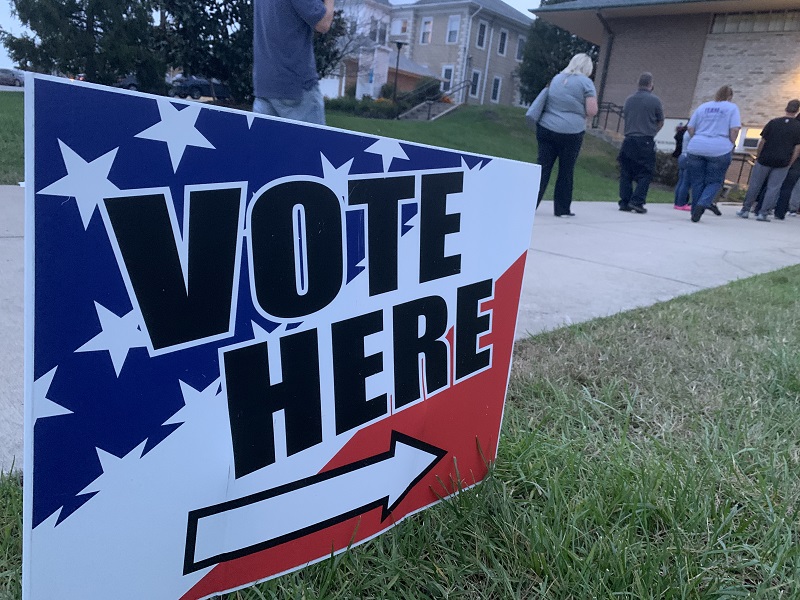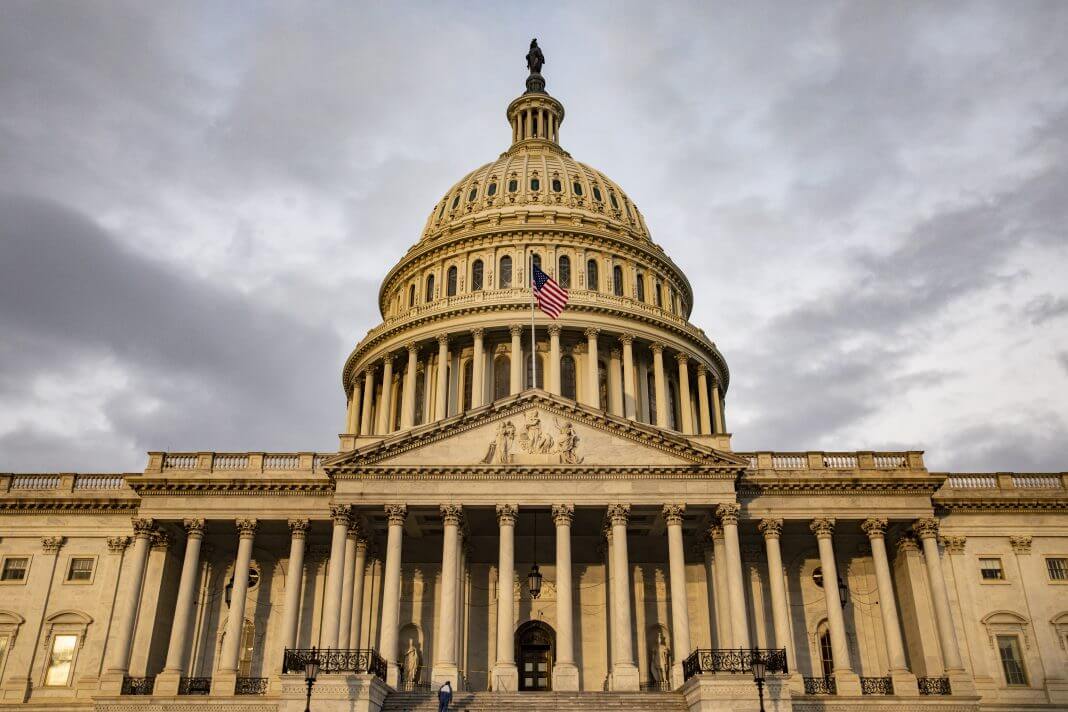Opinion: The Inflation Reduction Act’s climate lessons for Maryland legislators

By Lily Hawkins
The writer is the Maryland organizer with the national environmental advocacy organization Food & Water Watch.
Despite what you may have heard, the deal negotiated to win the support of coal baron Senator Joe Manchin (D-W.Va.), is not a big victory for the climate. The Inflation Reduction Act (IRA), signed into law last week, epitomizes the egregious legislative compromises that plague climate action — and offers key lessons for Maryland legislators.
We can celebrate the IRA’s investments in renewable energy while also being clear-eyed about the alarming trade-offs it took to get here. Democratic leadership has achieved green investment at the expense of decades of new pollution. Loopholes in the act encourage “carbon capture,” an unproven, unrealistic technology scheme with a failing track record; fossil fuel-backed hydrogen production; and expanded fossil fuel drilling and fracking on public lands and waters.
Maryland’s legislative history is riddled with similar compromises. Good-faith efforts to lower greenhouse gas emissions have been watered down with loopholes that let bad actors keep polluting. Take Maryland’s renewable energy program. Established to reserve ratepayer dollars for clean energy, industry lobbying has kept big polluters in the mix. Dirty energy sources that qualify for so-called “renewable” energy money stand out like a sore thumb: black liquor, trash incineration and biogas don’t hold a candle to true clean energy like wind and solar.
Where do we go from here? We must push states like Maryland to take a leading role. The IRA cannot be the full extent of what we throw at the climate crisis. Maryland legislators have a critical role to play in improving on its mistakes.
With a freshly-elected governor and legislature in 2023, one year closer to a climate tipping point, next year’s legislative session must be a time of bold action. Here are three key lessons from the Inflation Reduction Act that Maryland legislators must bring into the next session.
First, read the bill. When you’re staring down climate catastrophe, details matter. Headlines around the IRA’s passage tout investment in wind and solar, but reading between the lines reveals the trade-offs to get us there. New public lands lease sales for oil and gas drilling made it into the final text. Every line of bill text is a chance for industry to weasel in cracks to the foundation — don’t let them.
Second, do the math. The IRA claims emissions reductions of only 42% by 2030, but the math doesn’t add up. Relying on polluting technology like carbon capture and ignoring additional emissions from new fossil fuel extraction will not get us where we need to be. Zero emissions must be our goal. To get there, we need to make sure that each energy source we add and subtract actually reduces pollution.
Last, get definitions straight. When we say “renewable” energy, we must make sure it doesn’t produce greenhouse gasses or impact environmental justice communities. Maryland legislators started this process last year by removing black liquor, a polluting byproduct of paper mills, from our Renewable Portfolio Standard — but it’s not enough. Every day, trash incineration, a public health nightmare for communities living nearest the plants, rakes in Marylanders’ clean energy dollars to keep polluting. Biogas, too, is at a dangerous inflection point. Poised to explode in Delaware and the Eastern Shore, gas produced from factory farm poultry waste is no different from the fracked gas Maryland has already deemed too dirty to incentivize. Clear definitions must make sure that when we say “renewable,” we mean it.
2023 must be a time for bold climate action in the Maryland legislature — get rid of the loopholes like those that plague our federal response. Legislators must start by passing legislation to clean up our definition of renewable energy.




 Creative Commons Attribution
Creative Commons Attribution